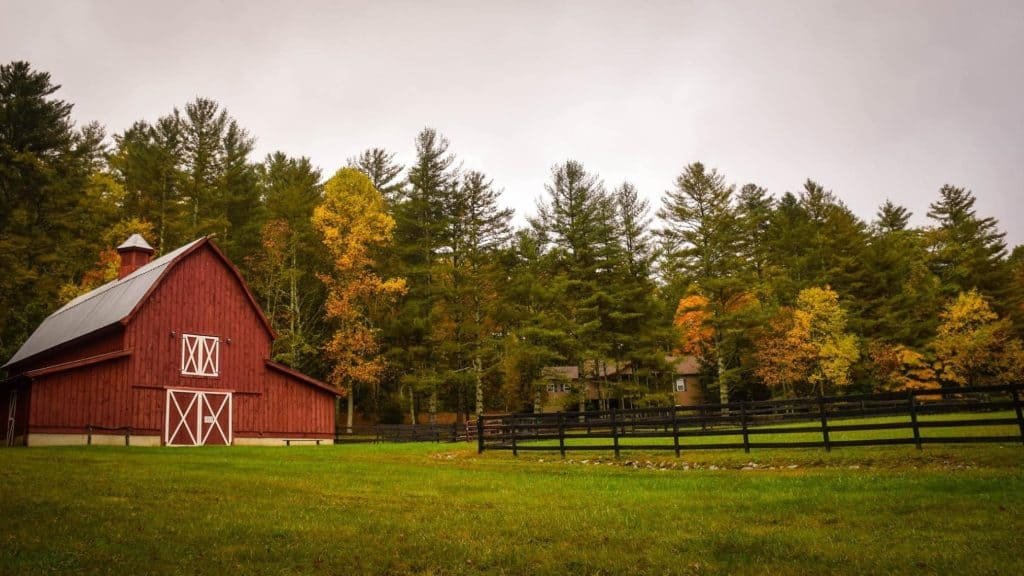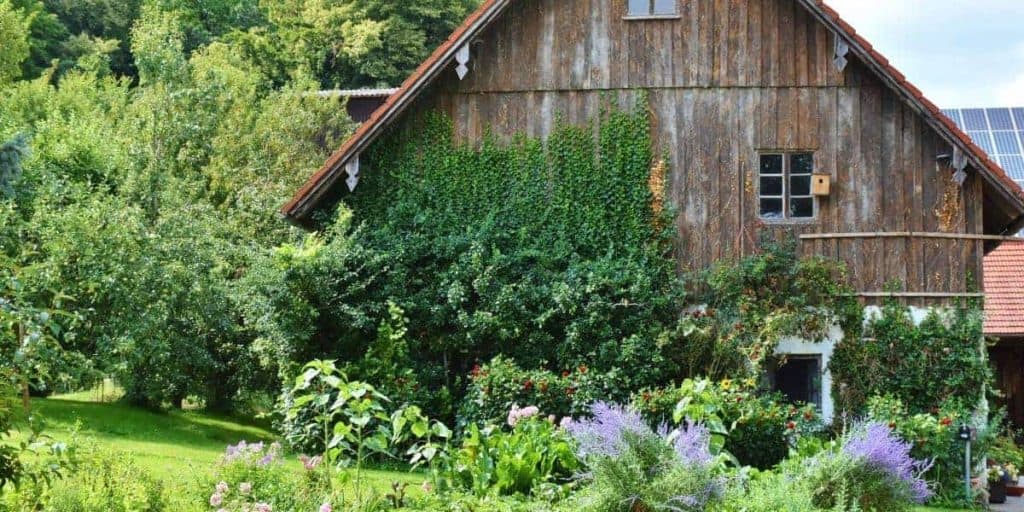Are you looking for a farm to rent? Renting a farm can be a great opportunity for aspiring farmers or those looking to expand their agricultural operations.
However, finding the perfect farm for rent can be a daunting task. In this article, we will discuss the factors to consider when renting a farm, how to find farms for rent, questions to ask when renting, tips for negotiating a farm rental agreement, and the benefits of renting a farm.
Factors to Consider When Renting a Farm
Location: The location of the farm is crucial for the success of your farming venture. Consider factors such as proximity to markets, availability of labor, and access to transportation. Additionally, research the climate and soil conditions in the area to ensure they are suitable for your farming needs.
Size and Layout: Determine the size of the farm you require based on your farming goals and resources. Consider the layout of the farm, including the arrangement of fields, barns, and other structures. Ensure that the farm’s layout aligns with your farming practices and operational needs.
Infrastructure and Amenities: Assess the existing infrastructure and amenities on the farm. Look for facilities such as barns, storage buildings, irrigation systems, and fencing. These amenities can save you time and money in the long run. Additionally, consider the availability of utilities such as electricity and water.
Soil Quality and Water Availability: The quality of the soil and the availability of water are crucial for successful farming. Conduct soil tests to determine the fertility and composition of the soil. Assess the water sources on the farm, such as wells or access to irrigation systems. Adequate soil quality and water availability are essential for crop growth and livestock management.
Zoning and Legal Considerations: Before renting a farm, familiarize yourself with the zoning regulations and legal considerations in the area. Ensure that the farm is zoned for agricultural use and that there are no restrictions or limitations that could hinder your farming activities. Consult with local authorities or legal professionals to ensure compliance with all regulations.
How to Find Farms for Rent
Online Listings and Classifieds: Utilize online platforms and classified websites to search for farms available for rent. Websites such as FarmFlip, Land And Farm, and Craigslist often have listings specifically for farms. Use search filters to narrow down your options based on location, size, and other criteria.
Local Real Estate Agents: Contact local real estate agents who specialize in agricultural properties. They have access to a wide range of farm listings and can help you find the right farm for your needs. Real estate agents can also provide valuable insights and guidance throughout the rental process.
Networking and Word of Mouth: Tap into your network of farmers, agricultural professionals, and local community members. Spread the word that you are looking for a farm to rent. Often, farms for rent are not publicly listed, and word of mouth can lead to hidden opportunities.
Farming Associations and Organizations: Join farming associations and organizations in your area. These groups often have resources and connections to help you find farms for rent. Attend meetings, workshops, and conferences to network with other farmers and gain access to potential rental opportunities.
Questions to Ask When Renting a Farm
Rental Terms and Conditions: Clarify the rental terms and conditions with the landlord or property owner. Discuss the duration of the lease, rent payment schedule, and any additional fees or expenses. Understand the responsibilities of both parties regarding maintenance, repairs, and insurance.
Maintenance and Repairs: Inquire about the maintenance and repair responsibilities. Determine who is responsible for repairs to buildings, fences, and other structures. Discuss how maintenance tasks, such as mowing or pest control, will be handled.
Farming Restrictions and Regulations: Ask about any farming restrictions or regulations imposed by the landlord or local authorities. Understand if there are any limitations on the types of crops or livestock you can raise. Additionally, inquire about any pesticide or chemical use restrictions.
Lease Renewal and Termination: Discuss the options for lease renewal and termination. Understand the process for extending the lease if you wish to continue farming on the property. Additionally, clarify the conditions under which either party can terminate the lease.
Tips for Negotiating a Farm Rental Agreement
Research Comparable Rental Rates: Before entering into negotiations, research comparable rental rates in the area. This will give you an idea of the market value for farm rentals. Use this information to negotiate a fair rental price.
Highlight Your Farming Experience and Goals: Emphasize your farming experience and goals during negotiations. Landlords may be more inclined to rent to someone who has a proven track record in agriculture and shares similar farming values.
Discuss Flexibility in Lease Terms: Be open to discussing flexible lease terms that benefit both parties. For example, you could propose a shorter lease term with the option to extend if the farm proves to be a good fit for your needs.
Seek Professional Advice: Consider seeking advice from professionals such as lawyers or agricultural consultants during the negotiation process. They can provide guidance and ensure that your interests are protected.
Benefits of Renting a Farm
Lower Financial Investment: Renting a farm allows you to start or expand your farming operations without the significant financial investment required to purchase land. This can be especially beneficial for new farmers or those with limited resources.
Opportunity for Trial and Error: Renting a farm provides an opportunity for trial and error. You can test different farming methods, crops, or livestock without the long-term commitment of owning the land. This flexibility allows you to refine your farming practices and make informed decisions for the future.
Access to Established Infrastructure: Many rented farms come with established infrastructure such as barns, storage buildings, and irrigation systems. This saves you time and money compared to starting from scratch. You can focus on your farming activities without the added burden of building or upgrading infrastructure.
Potential for Long-Term Partnership: Renting a farm can lead to long-term partnerships with the landlord or property owner. If both parties have a positive experience, there may be opportunities for future collaboration or even the possibility of purchasing the farm in the future.
Conclusion
Finding the perfect farm for rent requires careful consideration of factors such as location, size, infrastructure, soil quality, and legal considerations. Utilize online listings, local real estate agents, networking, and farming associations to find available farms. A
sk important questions regarding rental terms, maintenance, farming restrictions, and lease renewal. Negotiate a fair rental agreement by researching comparable rates, highlighting your experience and goals, and seeking professional advice.
Renting a farm offers benefits such as lower financial investment, trial and error opportunities, access to established infrastructure, and potential for long-term partnerships. Start your farming journey by finding the ideal farm for rent.
Originally posted 2023-08-11 12:58:13.




